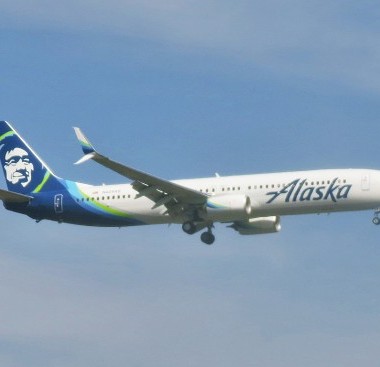DAT: September ‘firmly into a new truckload freight cycle’
Oct 18, 2024DAT Freight & Analytics, which operates the DAT One freight marketplace and DAT iQ data analytics service, said truckload freight volumes and rates in September signaled that the usual cyclical demand for truckload capacity is on the upswing.
The DAT Truckload Volume Index (TVI) declined seasonally for van, refrigerated (“reefer”), and flatbed freight last month:
- Van TVI: 271, down 7% month over month
- Reefer TVI: 208, down 7%
- Flatbed TVI: 272, down 2%
However, the TVI was higher for all three equipment types year over year. The van TVI was up 6%, the reefer TVI was 12% higher, and the flatbed TVI rose 2% compared to September 2023. Linehaul spot rates also were higher year over year.
“September showed we’re firmly into a new freight cycle after nearly 22 months of rather extreme expansion and 27 months of contraction,” said Ken Adamo, DAT Chief of Analytics. “We expect seasonality to provide some tailwinds over the next few months, and hopefully modest improvements in rates coupled with retail freight volumes and stable fuel prices can get the motor carrier base on more solid footing.”
Linehaul rates were unchanged compared to August
National average spot truckload rates declined by 3 cents for all three equipment types compared to August, primarily due to lower fuel surcharges. The spot van rate averaged $1.97 a mile, the reefer rate averaged $2.37, and the flatbed rate averaged $2.38 last month.
Linehaul rates were unchanged at $1.59 a mile for van freight, $1.95 for reefer freight, and $1.92 for flatbed freight. Year over year, linehaul rates were up by 2 cents for vans, 3 cents for reefers, and 6 cents for flatbeds. Linehaul rates subtract an amount equal to an average fuel surcharge.
National average rates for freight moving under long-term contracts fell modestly:
- Contract van rate: $2.39 per mile, down 1 cent
- Contract reefer rate: $2.73 a mile, down 2 cents
- Contract flatbed rate: $3.04 a mile, down 3 cents
Van and reefer load-to-truck ratios declined
The national average van load-to-truck ratio was 3.5, down from 3.6 in August, while the reefer ratio dropped from 6.0 to 5.0. The flatbed ratio was 12.8, up from 9.8. Load-to-truck ratios reflect truckload supply and demand on the DAT One marketplace and indicate the pricing environment for spot truckload freight.
“Entering Q4, we’re seeing equilibrium with truckload supply and demand, especially in the spot market,” Adamo said. “The shape and feel of this new cycle will probably be more like the 2013 to 2017 cycle than the rollercoaster ride of 2018 to 2022, with the ELD mandate, manufacturing recession, and unpredictable supply shocks of the COVID pandemic.”
Similar Stories
FTR’s Shippers Conditions Index improves in September to 2024’s strongest level
FTR’s Shippers Conditions Index improved in September to 4.6 from the 2.9 reading in August due to lower fuel costs, looser capacity and lower freight rates.
View Article
Kalmar and Elonroad partner to pilot dynamic EV charging
View Article
Averitt teams with TRC to strengthen sustainability efforts
View Article
Breakbulk making a comeback in Pacific Northwest
View Article
WorldACD Weekly Air Cargo Trends (week 46) - 2024
View Article
Estes Express Lines wraps trailers nationwide to raise awareness for nonprofits
View ArticleGet the most up-to-date trending news!
SubscribeIndustry updates and weekly newsletter direct to your inbox!





